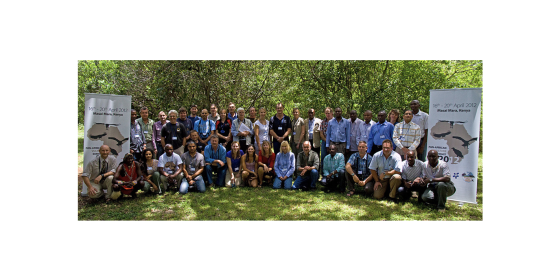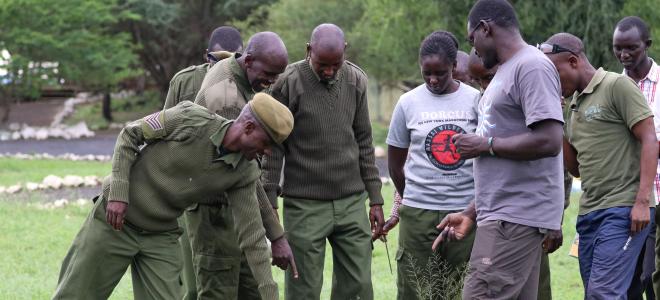There are approximately 145 species of raptors (including owls) in Africa, which is second only to Asia. Yet, in many African countries there is little in-country capacity to study, monitor or conserve raptor populations or to address specific threats. Recognizing that locally led conservation programs are crucial for success over the long-term, one of the most important aspects of our work in Africa is to increase capacity in raptor and vulture conservation.
Our Impact: 24 students graduated, 3,915 people trained in conflict prevention and poisoning response
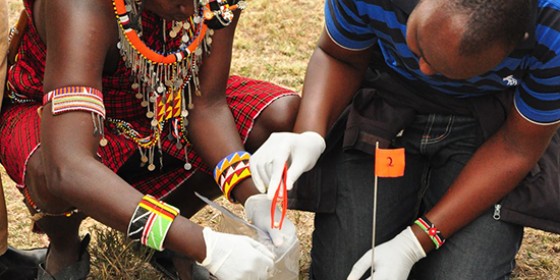
Munir Virani
Africa's Raptors are in Crisis
Our Solutions
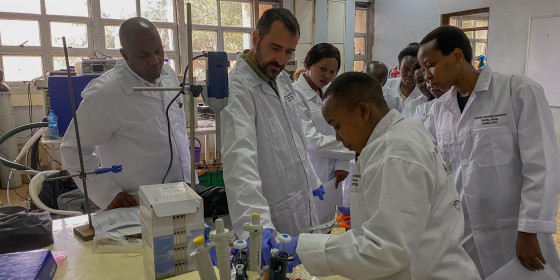
Caroline Moore
Our Solutions
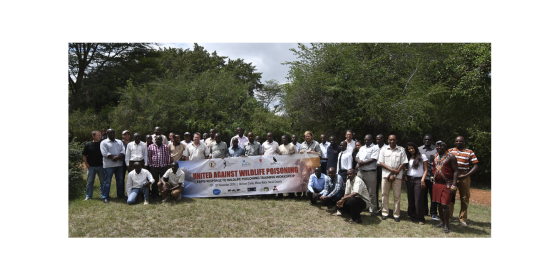
Our Solutions
